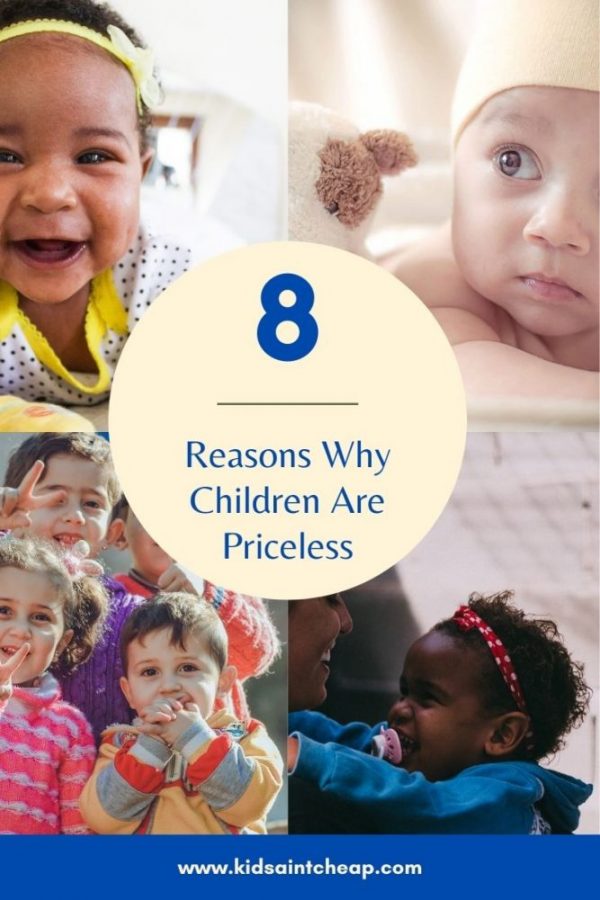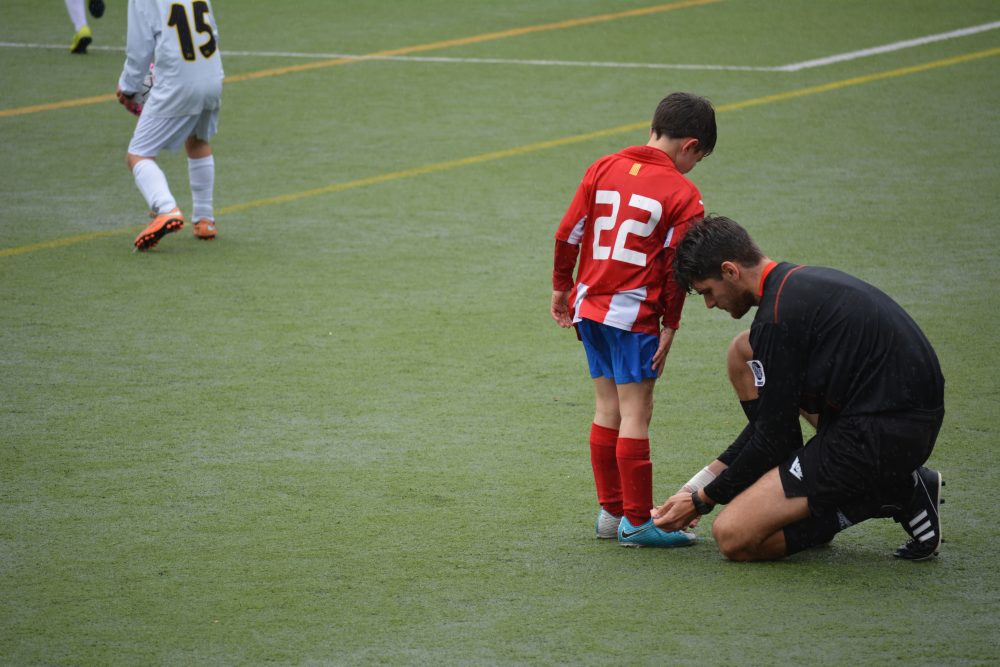
Some days, it can feel like your child has a secret agenda—one where the truth is often optional, and their stories seem to shift in every direction. Maybe they told you they “didn’t eat the cookie” while crumbs are still stuck on their face. Or, perhaps they’ve concocted elaborate tales of imaginary adventures—stories so detailed you almost start believing them.
While it’s normal for children to stretch the truth now and then, it’s essential to intervene before lying becomes a regular habit. With the right approach, you can teach your child the value of honesty, turning small fibs into teachable moments that foster trust and integrity for years to come.
Below are five practical strategies that help prevent lying habits and encourage truthfulness in children.
1. Lead by Example: Model Honesty in Your Actions
Children are keen observers, constantly picking up on the behaviors they see around them. If you want your child to value honesty, it starts with you. Kids learn what they see, so it’s important to demonstrate honesty in your daily interactions.
When you make mistakes, own up to them. If you break something by accident or forget a commitment, say so openly and show that admitting mistakes is part of personal growth.
The more your child sees you being truthful—whether it’s apologizing when you’re wrong or giving accurate information—the more they’ll learn to do the same.
Parent shortcut: Next time you’re running late, tell your child honestly, “I’m sorry, I didn’t manage my time well today, and now we’re running behind.
Let’s try to plan better next time!” This shows your child that honesty isn’t about being perfect, but about taking responsibility for your actions.
2. Set Clear Expectations and Consequences
Children thrive on structure and clear guidelines. If they don’t fully understand why telling the truth is important, they might not see why it matters to tell the truth in the first place.
Establish expectations around honesty early on by explaining why it’s important to be truthful and what the consequences are when lying occurs. Make sure the consequences are related to the lie itself and are consistent every time.
For instance, if your child lies about completing a chore, the consequence could be that they lose a privilege, like screen time. It’s not about punishment but about helping them connect the behavior to the outcome.
Tip for consistency: Write down the family’s expectations regarding honesty (e.g., “We tell the truth no matter what”) and hang them on the fridge. When a situation arises, you can point to the expectations and say, “Remember, we always tell the truth here.”

Image Source: Unsplash
3. Praise Truthfulness, Big and Small
Just like toddlers thrive on positive reinforcement, older kids do too. Praise your child when they tell the truth, even if the truth is uncomfortable or results in a consequence. Let them know you appreciate their honesty and that telling the truth is always the best choice, no matter how difficult it may seem in the moment.
Be specific in your praise: “I’m really proud of you for telling me the truth about what happened with your homework. That wasn’t easy, but it shows me you’re a person I can trust.” Positive reinforcement encourages your child to keep practicing honesty and internalizing it as a value.
Mini-reward system: Create a simple reward system where your child earns points for every time they tell the truth, even when it’s tough. Once they reach a set amount of points, they can earn a small reward, like a favorite activity or an extra bedtime story.
4. Teach the Value of Trust
Children are capable of understanding abstract concepts like trust, especially when it’s connected to their relationships with the people they care about. Help your child understand that honesty is the foundation of trust in all relationships. If they lie, trust is broken, and it can take time to rebuild.
Use real-life examples: “When you told me you finished your homework, I trusted you. But when I found out it wasn’t done, I felt upset because I couldn’t trust your word. Telling the truth next time helps me trust you more.” Also, discuss what happens when people lie to them. Reinforce the idea that trust is a two-way street, and honesty ensures strong, healthy relationships.
Tip for trust-building: Keep open communication about feelings. If your child is hesitant to share something because they fear consequences, reassure them that honesty is valued more than perfection. When they know they can trust you, they’ll feel safer telling the truth.
5. Encourage Open Conversations and Avoid Overreacting
Sometimes, children lie because they fear punishment or disapproval. If you overreact to a lie, your child may learn to hide things instead of sharing the truth. When you catch your child in a lie, respond calmly and allow them to explain themselves. Ask questions like, “Can you help me understand why you said that?” and allow your child to express their feelings.
This helps create an open dialogue where they feel comfortable admitting mistakes without fear of harsh judgment. Use the opportunity to educate them about honesty and its importance.
Read More
- The School Is Calling Again: 5 Ways to Help Change a Child’s Bad Behavior at School
- 7 Things Kids Don’t Actually Need That Parents Still Feel Guilty About

Samantha Warren is a holistic marketing strategist with 8+ years of experience partnering with startups, Fortune 500 companies, and everything in between. With an entrepreneurial mindset, she excels at shaping brand narratives through data-driven, creative content. When she’s not working, Samantha loves to travel and draws inspiration from her trips to Thailand, Spain, Costa Rica, and beyond.


